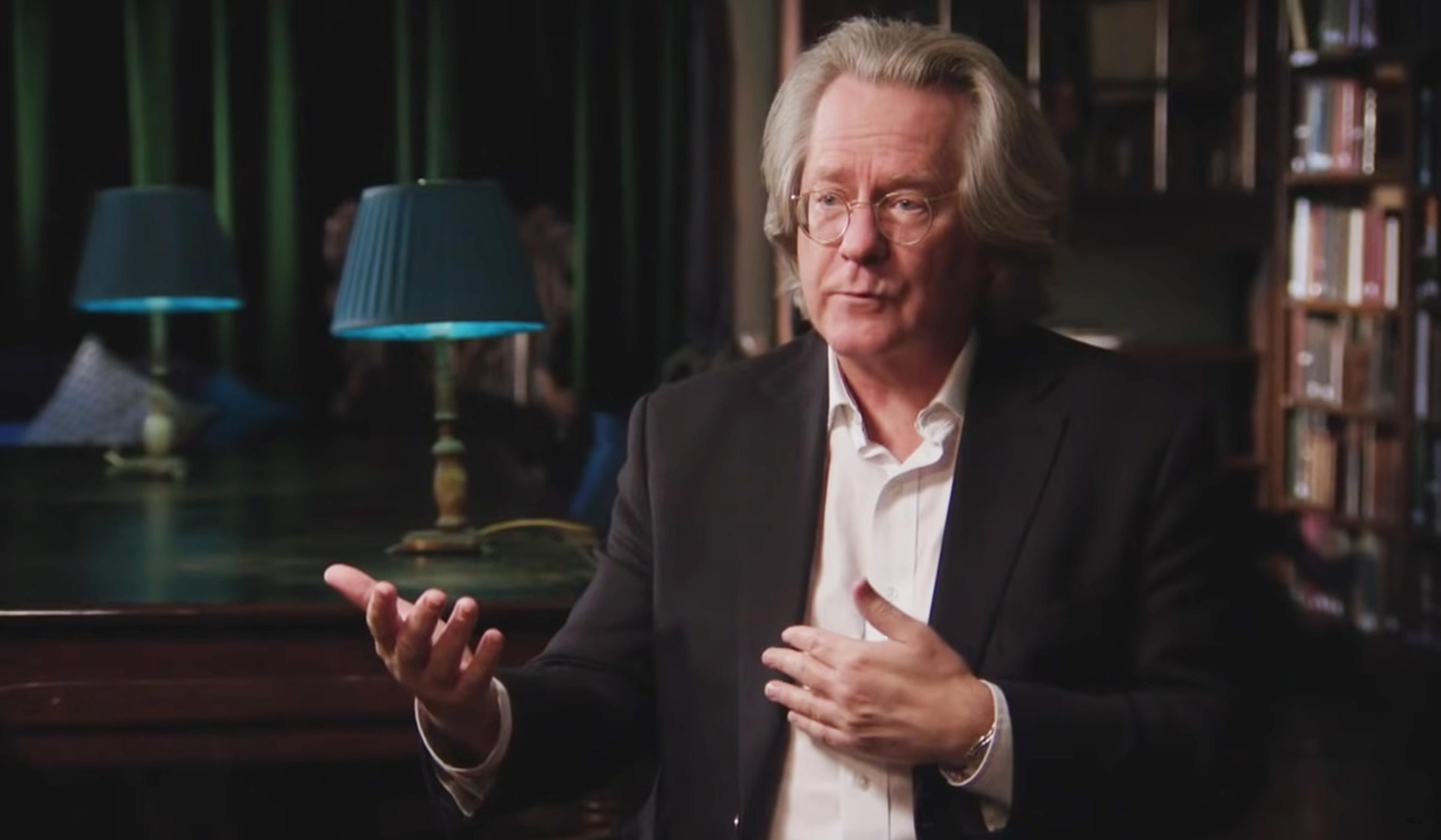In 2018, the British historian Alec Ryrie delivered a lecture series at Gresham College in London framed as something of a theological murder mystery, centred on the question ‘If we accept Nietzsche’s 1882 proclamation that “God is dead”, who, exactly, killed him?’ In this first lecture, Ryrie provides ‘a tour of medieval unbelief’ as he scours 13th- to 16th-century Europe for dissenting and blasphemous voices that clashed with the rigid Christian establishment of the age. In doing so, he finds nothing like the deep-rooted and widespread atheism found in Europe today, but rather a sort of proto-atheism, built from a scattered collection of scepticisms, individual experiences, resentments and echoes of Greco-Roman philosophy.
Hear from blasphemes, sceptics and free-thinkers in this ‘tour of medieval unbelief’
Video by Gresham College
7 December 2023
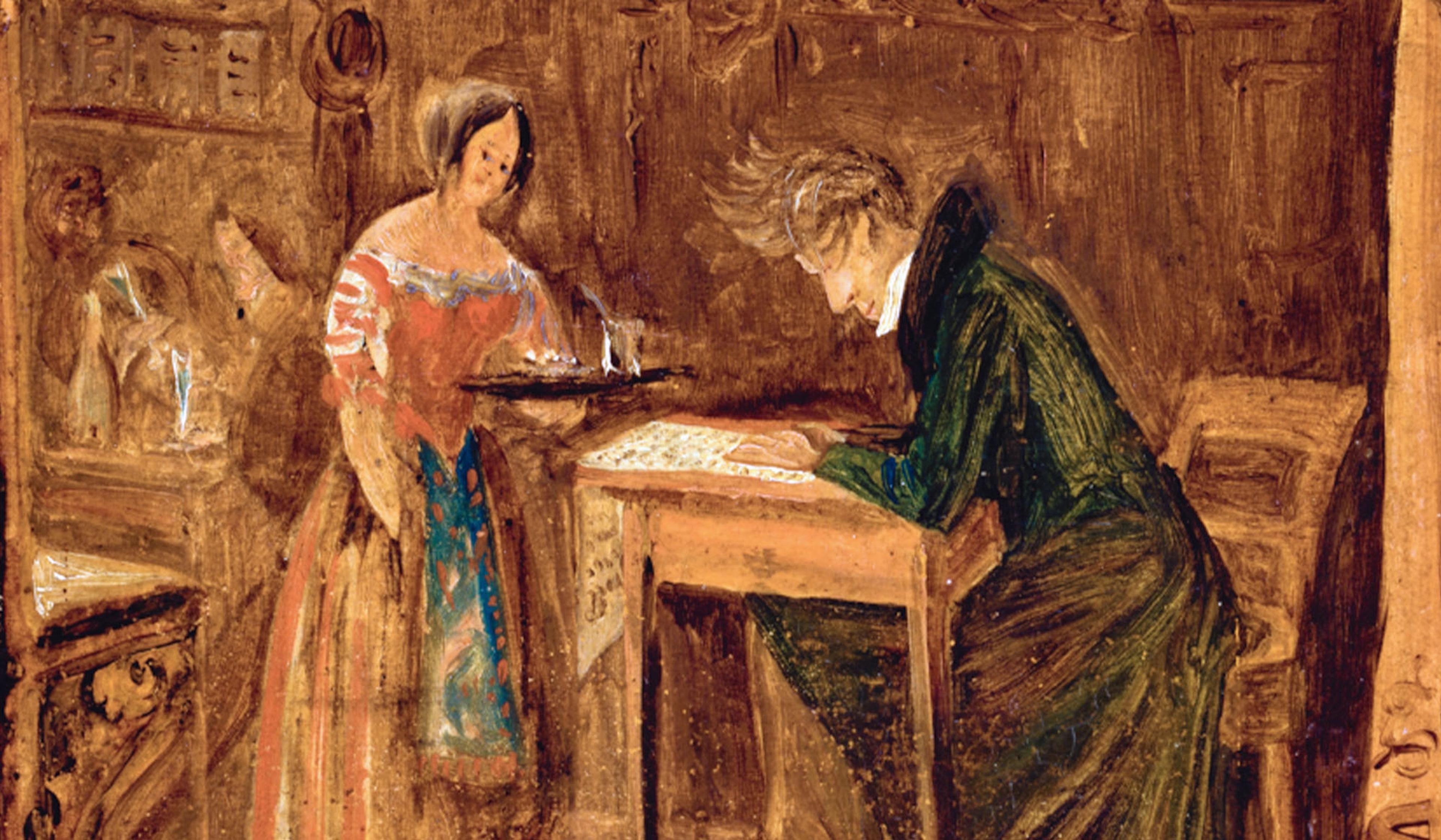
videoKnowledge
Want to think for yourself? Start with an agonising state of doubt, says Kierkegaard
7 minutes
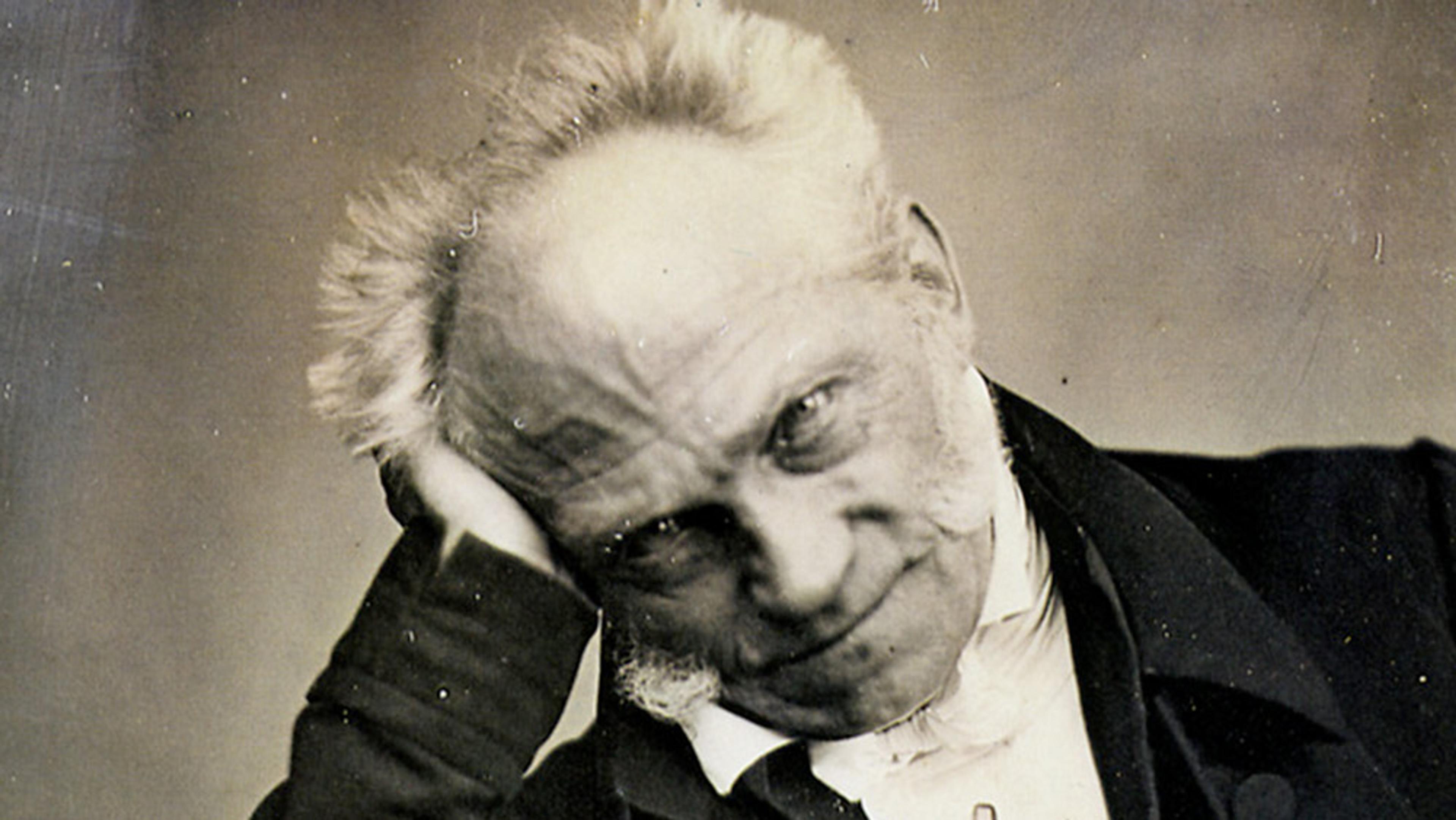
videoThinkers and theories
The intellectual legacy of philosophy’s greatest pessimist: life is suffering, art is supreme
44 minutes
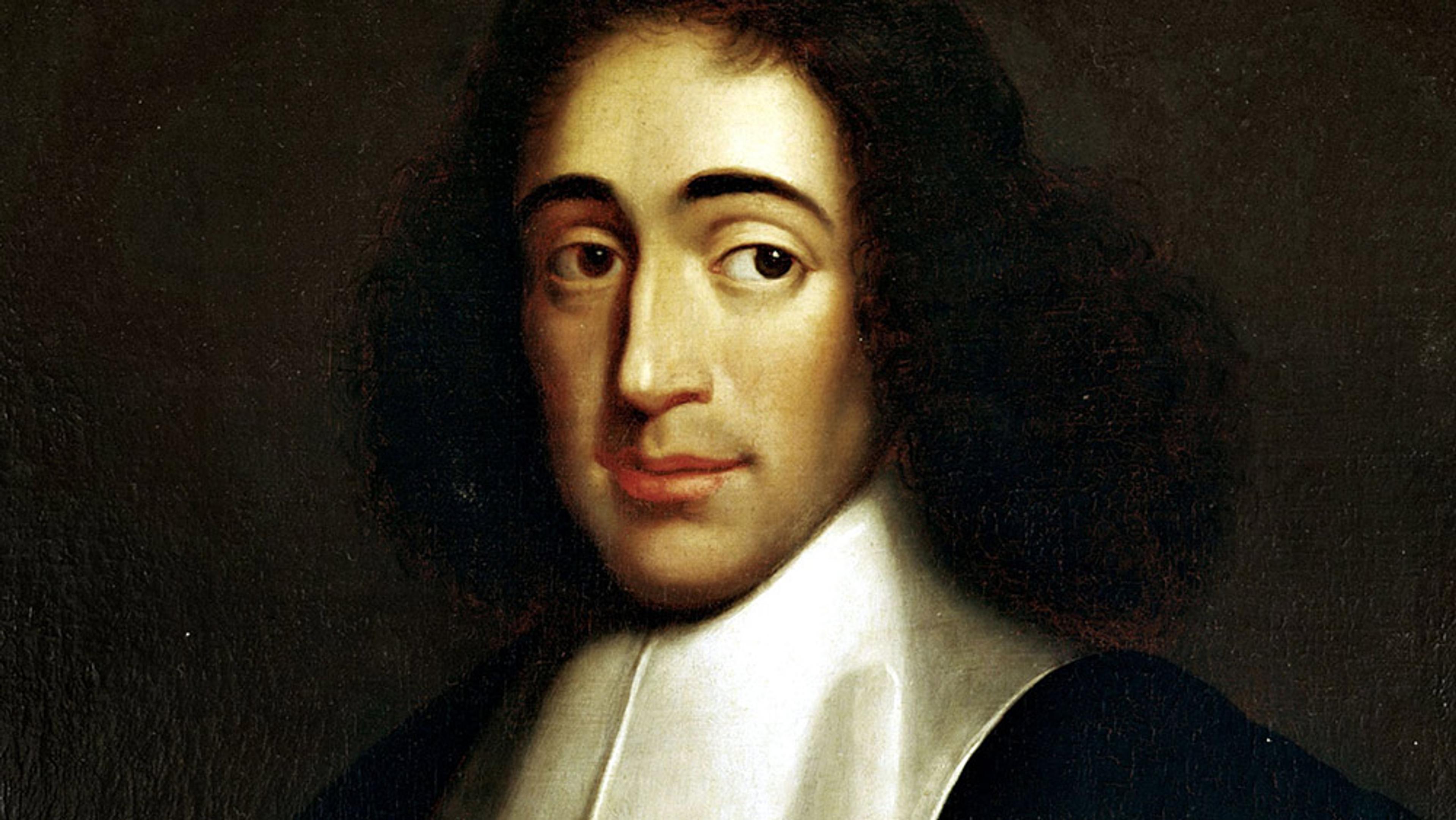
videoThinkers and theories
Freedom is learning to like what it’s rational to like: Spinoza’s ‘abominable heresies’
6 minutes

videoPhilosophy of religion
How could a benevolent god allow evil? Is it really just a matter of free will?
2 minutes

videoAnimals and humans
Why be dragons? How massive, reptilian beasts entered our collective imagination
58 minutes
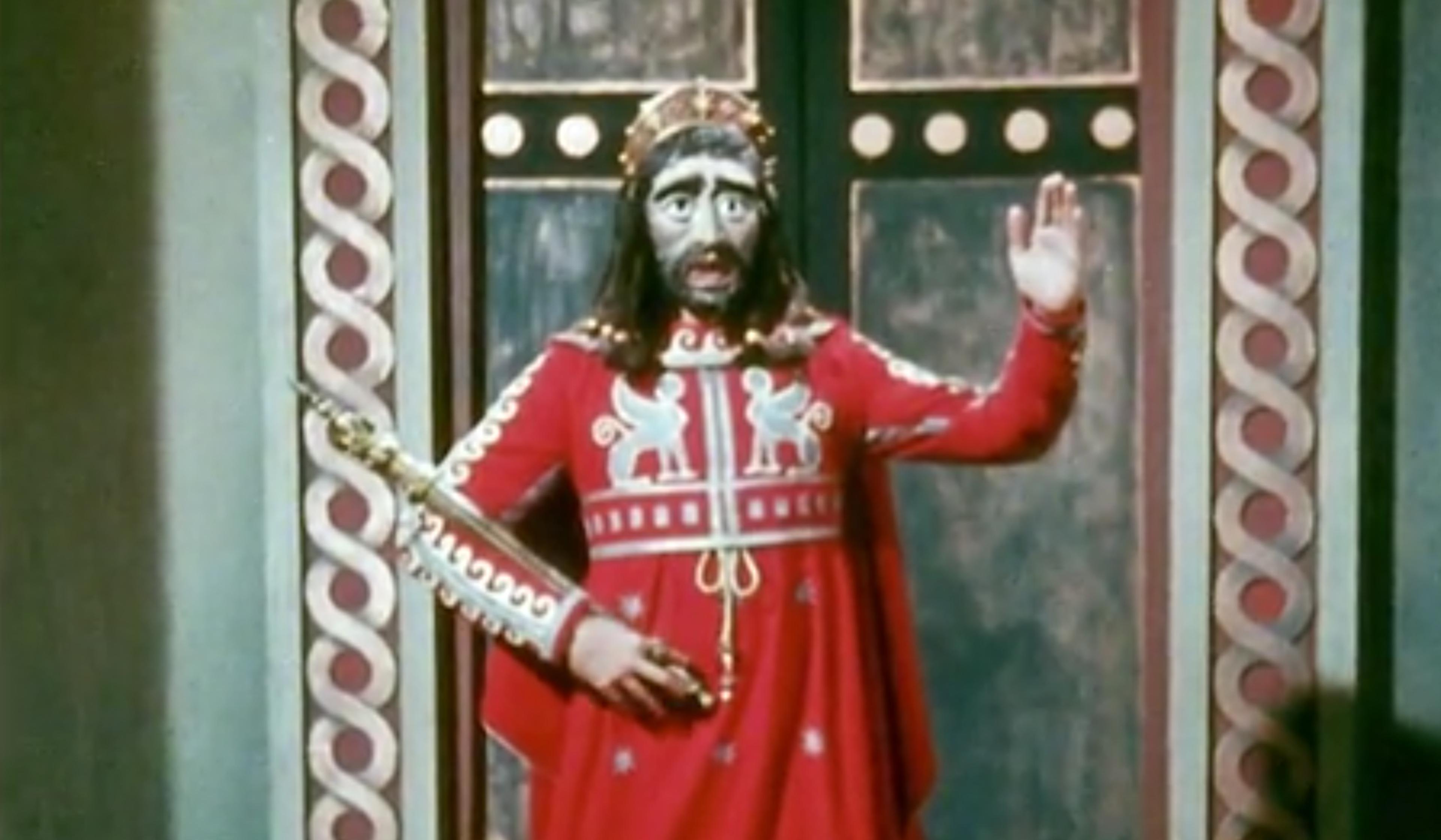
videoThinkers and theories
‘My art is oratory, Socrates.’ An ancient warning on the power and peril of rhetoric
4 minutes

